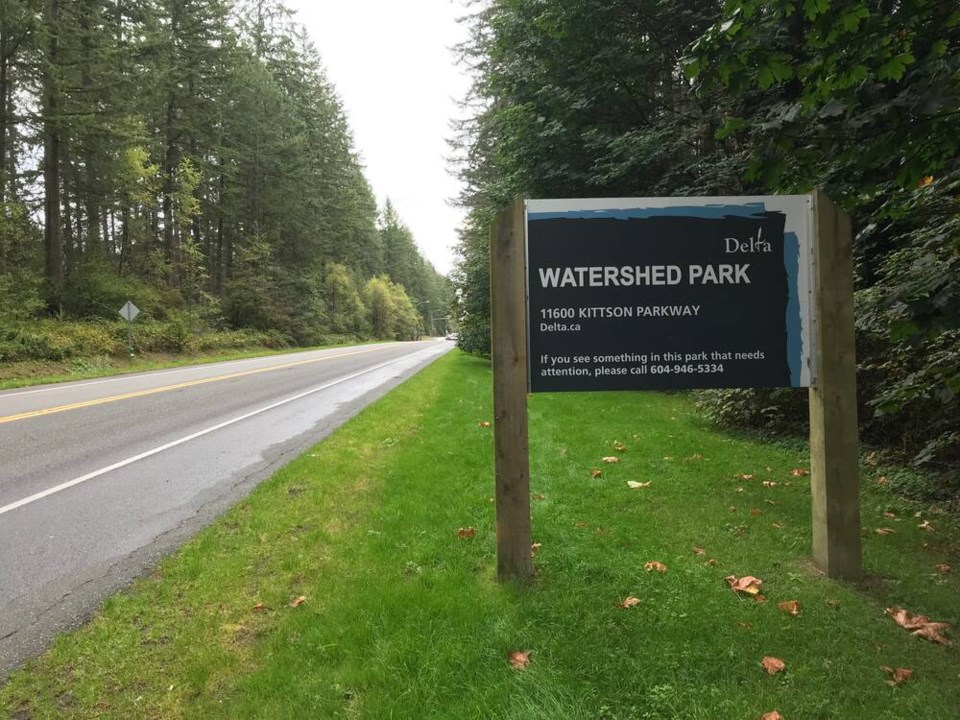The City of Delta has issued a request for bids from engineering consultant companies for the design and construction administration services to upgrade the aging suction and discharge piping of the Watershed Park drinking water pump station.
The work is to include replacing the leaking suction pipe and discharge pipe.
The existing suction pipe runs underneath the pump station building floor and the proposed suction pipe is envisioned to be either routed around the building or relocated above ground inside the structure, according to the city, noting the existing steel water main between the reservoir and pump station and the discharge mains are at the end of their service.
The city also wants to take the opportunity to clean up and improve the valving configuration of the water system at the park to facilitate better response times.
The pre-design component of the project is to be completed by July 2024 and the detailed design should be done by this September for construction tendering this October.
The original Well Pump House at Watershed Park was constructed 1906.
Recognizing Delta’s vulnerability, council back in the 1990s directed the engineering department to come up with an alternative water source to be available in the event of a natural catastrophe.
Four water wells in Watershed Park, which supplied the lower Sunshine Hills area, had been abandoned about 25 years prior were to be put back in use.
The buildings and infrastructure, although overgrown and in need of repair, were intact. After a thorough evaluation, it was recommended that only two of the original wells should be refurbished and that a new well should be constructed.
As work to refurbish the wells was underway, it became apparent that the water from the aquifer was of very high quality. Tests showed that it surpassed all conditions set out in the Guidelines for Canadian Drinking Water Quality. As a result, it was decided to introduce the water into the city’s distribution system via the 64 Avenue Reservoir. A water tanker load-out facility was also constructed to facilitate the distribution of well water to various locations in the case of a major emergency which would restrict water from Metro Vancouver sources to Delta.
In 2012, a drinking water station utilizing the well water was constructed for use of park user.
In 2022, Delta still received all its drinking water from the Seymour and Capilano watersheds but could also receive water from the Coquitlam watershed under certain conditions.
The engineering department that year undertook a project to introduce the water into the regular distribution system for part of the city to help offset the rising cost of purchasing water from Metro Vancouver.
The water is pumped from deep wells in Sunshine Hills into the 64 Avenue Reservoir and then distributed to the lowland area south of 64 Avenue. The engineering department notes the system is relatively inexpensive to operate as it relies on gravity to supply the area south of 64 Avenue from the reservoir.
According to the city, pumping from those wells in the first year resulted in savings of approximately $500,000.



